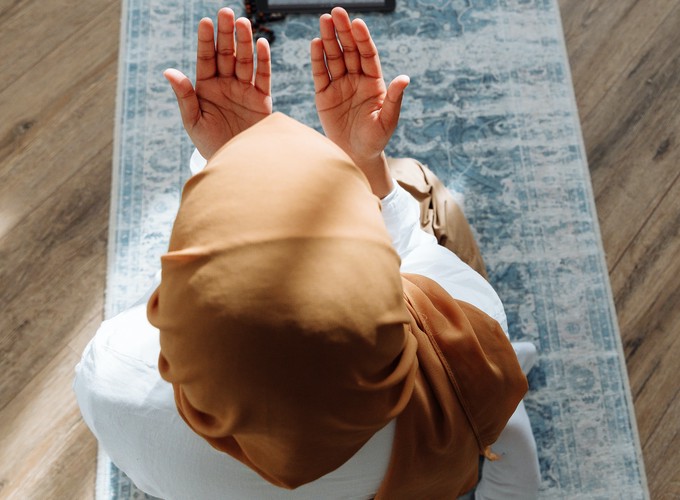Of Christians, Jews, and Muslims: When gender is unspecified, the default is men
Abstract
Objective- Discrimination against members of non-majority religious groups is widespread, often due to negative stereotypes and emotions toward them. To understand the impact of gender on religious stereotypes and emotions, across two studies, we analyzed stereotypes and emotions towards the men and women of three religious groups- Christians, Jews, and Muslims, to determine the presence of prototypicality biases using intersectional invisibility as the guiding framework. Methods- In Study 1 (pre-registered, n = 893), participants rated religious groups on four stereotype dimensions of Competence, Warmth, Beliefs, and Americanness, with religion as a within-subject variable and gender as a between-subject variable. In Study 2 (pre-registered, n = 915), participants rated religious groups on six emotional dimensions. Results- There was evidence of androcentric biases, as (Christian, Jewish, and Muslim) men were perceived as more similar to their respective broader religious groups than (Christian, Jewish, and Muslim) women. Additionally, Muslim women, in particular, experienced a double distancing from their identities- they were strongly differentiated from their broader religious category, i.e., Muslim, and from their broader gender category, i.e., women. Discussion- While much is known regarding religious groups as a whole, there is relatively little work disaggregating religious groups by gender. This paper highlights the importance of intersectionality and incorporating gender when assessing stereotypes and emotions towards religious groups, thereby advancing our theoretical and practical understanding of intergroup conflict and designing interventions applicable to both men and women within religious groups.
